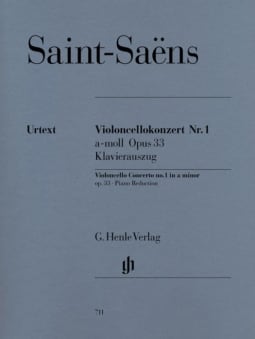Description
Saint-Saëns' last piano concerto, composed swiftly in Luxor and Cairo during early 1896, features a subtitle with a dual significance. Not only was the work created rapidly, but it also incorporates elements of Egyptian and Oriental music. The composer later remarked that the second movement evokes "a journey to the Orient" that even ventures as far as the "Far East," while the passage in G major is a "Nubian love song" he heard sung by boatmen on the Nile.

















